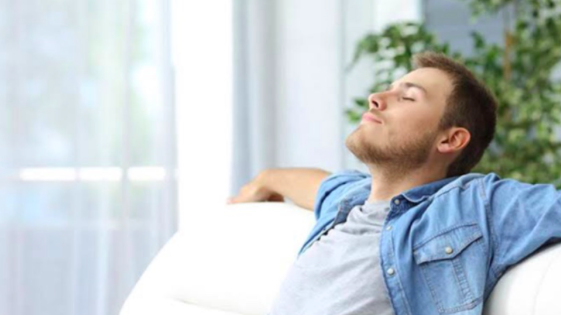
TRUE CARE : IT STARTS WITH US
We are often taught in life that it is selfish to care for ourselves, and that we need to put the needs of others before our own. We think that if we put the needs of others first, we are somehow good or better people and certainly in medicine we are taught to think that way, but is this true? The fact is, that we can only care for other people as deeply as we care for ourselves, and true care starts with us.
What does it mean to care?
In essence, to care means to like or love someone or something, but we have somehow made it about doing what is necessary –“he has animals to care for” – with a sense of duty, obligation – “the care of the elderly” – minimisation of harm or risk – “he planned his trip with great care” – and worries or anxiety – “the cares of family life”.
Care is not just a doing, a going through the motions, a tick-box action, but a state of being. We can do things in a caring way, or in an uncaring way, and people will really feel the difference.
Sometimes as health professionals all we can do is care. We cannot fix or cure everything, and the most potent healing power we have is our love for people. But that love comes, not from our heads, but from our bodies. The more our bodies are loved and cared for, the more able we are to extend that genuine love and care to all others, and bring it to all of our everyday actions.
So how do we learn to care?
Most of us are brought up in loving, caring homes, and that is where we first learn what it feels like to be cared for, and how to care for others. But some grow up in uncaring situations but still become deeply loving and caring human beings, while others grow up in loving, caring homes, and then live with a distinct lack of care. So what happens?
In essence, we are all loving and caring beings. At times we are hurt by people and life and may choose to shut this love and care down, going instead into doing life, rather than just allowing ourselves to stay open and enjoy being ourselves. The more we shut down and go into the doing, the less caring we actually become.
So learning to care is really a process of peeling away the layers of protection we have taken on, no matter what they look and feel like, and allowing ourselves to reconnect with the tender, loving being we all innately are.
This is not always an easy process. Along the way we may have to feel uncomfortable, awkward or even in pain from the hurts we have been trying to bury with our various coping mechanisms in life. This is well worth the effort, which in truth is just a surrender, for the essence of us feels lovely inside.
How do we reconnect to that essence?
The simplest way to reconnect is just to breathe … not in any old way, but in a gentle way, the way babies breathe, that brings us back to the truth of who we are, the essence that always lives within us. Breathing your own breath is a simple tool that only takes a few moments, and can be done anywhere, at any time. It requires no special clothes, equipment or fancy postures, just the willingness to be still and reconnect with the essence of you. You can close your eyes or not. Just breathe gently through your nose, focussing on the quality of your breath. Feel that as it enters the nostrils it is cool, and as it leaves it is warm, warmed by the warmth of you.
Your breathing becomes gentle, the rise and fall of your chest becomes gentle, and you become more gentle with yourself.
Breathing in this way, your mind becomes focussed on what your body is doing. You become more consciously present with yourself, and your awareness turns inwards to the essence of you within.
Once we reconnect with the essence of who we are, we can take that feeling into our everyday lives, and move in deep connection with that lovely feeling. Nothing need change on the outside, but on the inside everything changes, for we are living who we truly are.
And that is the essence of restoring ourselves to the loving, caring beings we naturally are; people who genuinely care for ourselves and naturally care for all others, too. True care starts with us.
Dr Anne Malatt is an opthalmologist.
